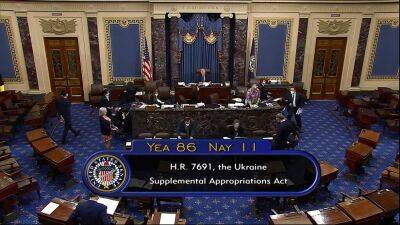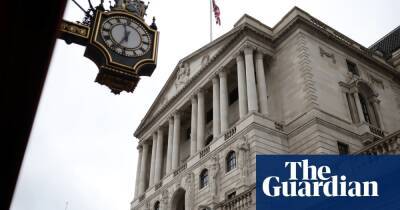3 questions on financial literacy Bitcoiners flunk: Bank of Canada
A study from the Bank of Canada found that Bitcoiners on average have lower financial literacy than those who don’t own Bitcoin (BTC).
The study was compiled from four years of annual surveys from 2016 to 2020, with the sample sizes ranging anywhere from 1,987 to 3,893 respondents.
The Bank of Canada’s full study is titled “Bitcoin Awareness, Ownership and Use: 2016-20” and was published on April 19. A key conclusion from the study was that:
However the financial literacy testing was based on just three multiple choic questions that focused on interest rates, inflation and stock/mutual fund comprehension. The three Bitcoin questions focused on supply, the digital ledger and whether the network is backed by the government or not.
Given the limited number of questions the idea they can accurately gauge someone's financial literacy is arguable. On the other hand, the questions are pretty easy.
The Bank of Canada’s researchers emphasized that the “interaction between financial literacy and participation in the market for crypto assets” is important to explore, as there are many risks associated with the sector that could be potentially avoided via further education.
The data found that over the four years, the average Bitcoin hodler fell in the demographic of young males aged between 18-and 34, and men accounted for at least double the number of women each year. The gender gap has been a long-running and widely reported subject in crypto’s short history.
“Overall, marginal effects are consistent with descriptive findings already discussed. We find that the probability of Bitcoin ownership decreases with being female, older and unemployed, but increases with education,” the report reads.
In terms of a specific type of Bitcoin
Read more on cointelegraph.com























